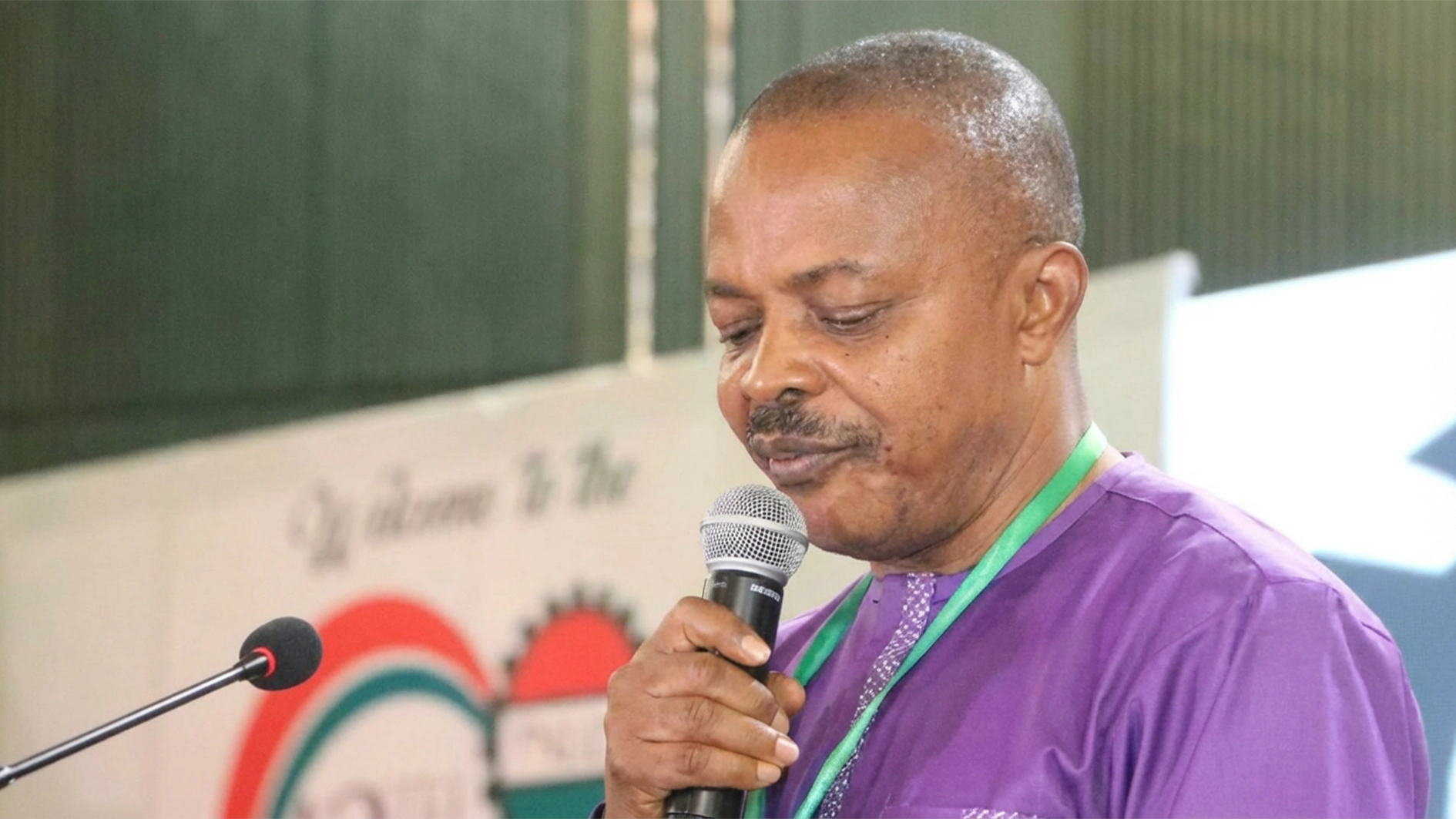The latest data from the Global Hunger Index (GHI) has ranked Nigeria 115th out of 123 countries, with hunger score indicators showing a severe food security crisis driven by a high poverty rate, high inflation, and insecurity.
The GHI, an international documentary index, is anchored on comprehensive measurement and tracking of hunger ratings at global, regional, and national levels, based on four component indicators, including Undernourishment, Child Stunting, Child Wasting, and Child Mortality.
Citing the negative implications of the latest ranking for food security in Nigeria, the Country Representative of Propcom+ Nigeria, Dr Adiya Ode, expressed concern that the situation may worsen, considering that over 31.8 million Nigerians are already suffering from acute food insecurity.
Ode, who spoke on Thursday at the Nutritious Food Fair in Kano, lamented the increasing level of malnutrition and child stunting in Nigeria, compounding the hunger crisis, and advocated a renewed strategy to make food affordable.
Ode gave the commitment of Propcom+, a UK support agency, to partner with the government in driving food security initiatives through climate-smart and market-driven solutions.
“Our partnerships are the cornerstone of this mission. A good example is the partnership with the Kano State Government and HarvestPlus, which is strengthening the seed-to-shelf journey of nutrient-dense foods, ensuring that farmers earn more, consumers eat better, and markets grow stronger.
“These partnerships remind us that transformation happens fastest when collaboration leads the way, just like the theme of this year’s World Food Day states.
“But we know that real change happens when more partners join in. That’s why we continue to invite the private sector, investors, and policymakers to collaborate with us — to expand innovation, scale impact, and unlock the full potential of Nigeria’s agrifood sector,” Ode said.
Country Manager, HarvestPlus Nigeria, Dr Yusuf Dollah Fu’ad, was optimistic that Nigeria can overcome the food crisis if the government enhances farmers’ productivity with nutrient-enriched staple crops.
He believed that the food-based approach remains one of the most cost-effective and sustainable solutions to tackling hidden hunger in Nigeria since most communities consume what they produce.
He said the 11th edition of the Nutritious Food Fair, organised by HarvestPlus Nigeria in collaboration with the Kano State Government, aimed to scale innovations that enable farmers to cultivate nutrient-enriched staple crops and gain direct access to essential vitamins.
“The National Food Consumption and Micronutrient Survey shows that most people in our rural communities consume what they produce from their farms. This presents a great opportunity — when farmers cultivate nutrient-enriched staple crops, they gain direct access to the essential vitamins and micronutrients their families need.
“This makes the food-based approach one of the most cost-effective and sustainable solutions to tackling hidden hunger in our communities. However, for us to make lasting progress, we must coordinate our nutrition efforts more effectively,” Fu’ad noted.
On his part, the Commissioner for Health, Dr Abubakar Yusuf, disclosed efforts by the Kano State Government to reverse the worsening state of malnutrition in the state through the reactivation of over 65 Centres for Malnutrition Treatment for the detection and management of nutritional deficiencies.
Yusuf said the government has released over ₦1 billion as counterpart funding to support ready-to-serve nutrient foods and their management to reduce the disturbing rate of stunted children in Kano.






